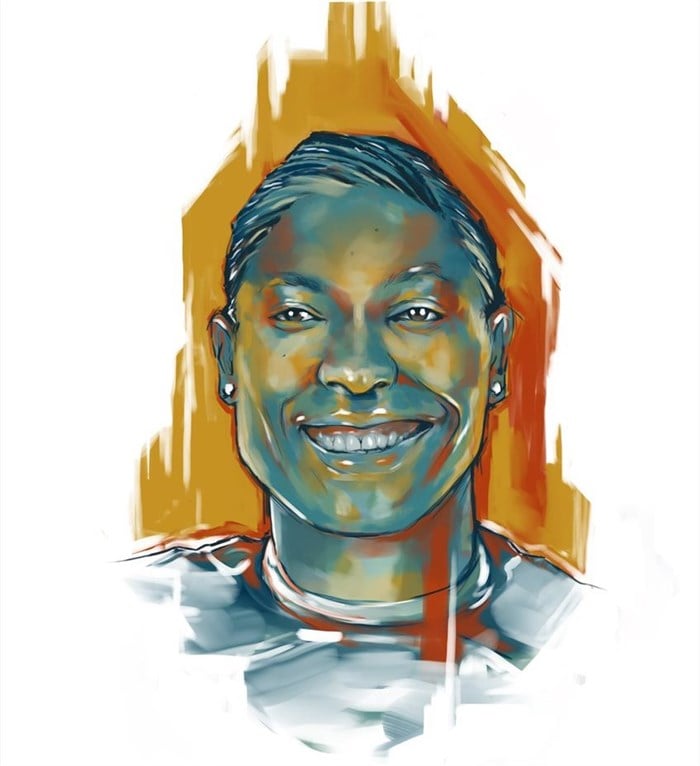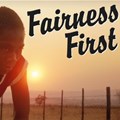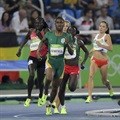"I am Caster. Caster is me."
- The hashtag #CasterSemenya trended on social media at three key points between May and end-June 2019.
- Just under 40,000 tweets were analysed to show how Semenya was portrayed over this period.
- The analysis showed tens of thousands of voices identifying with Semenya – through race, gender, culture and ethnicity.
- Ideologies of African excellence, patriotism, underdog versus the establishment and natural versus unnatural emerged as significant.
- The dominant theme was national identity: South Africans coming together in defence and support of “our Mokgadi”.
Caster Semenya , First of Her Name, Queen of Limpopo , Master of 800m, Lover of Pap, and the fucking Slayer of running marathons. Congratulations ������#CasterSemenya pic.twitter.com/av0We3lq81
— Name can't be blank (@Sad_girl_vibes) May 3, 2019
Debunking stereotypes
We noticed the hashtag #CasterSemenya trending on Twitter at the start of her legal battles against the IAAF and found it more and more interesting. We wanted to look into what was being said online, and by whom, and so we started this passion project.
Our aim initially was to look at one snapshot in time – at the beginning of May – when the Court of Arbitration made the decision to uphold the IAAF’s ruling on female testosterone levels.
Just two days later though, #CasterSemenya trended again, this time for her winning performance in the 800m discipline in Doha. We realised our analysis needed to include both tribulation and triumph, and our research soon extended to tweets during the decision reversal a month later by the Swiss Federal Tribunal.
Using the #CasterSemenya hashtag, we conducted a sociolinguistic study using text mining, corpus linguistics and critical discourse analysis to investigate the ways in which Semenya was represented online. Rooted in linguistic critical theory, the research focuses on the study of language in relation to broader social, political and economic structures of society.
As language users, we have a choice in how we interact linguistically to represent and construct dialogue. And knowing that language, power and identity are so interconnected, we wanted to see how this played out in the language used about Semenya.

We’re especially passionate about the timing of publishing our work. August marks Women’s Month and we want to showcase what this month should really be about – highlighting gender equality and de-bunking stereotypes of what it means to be a woman.
In many ways, the research and subsequent analysis became South Africa’s love letter to Caster Semenya, someone portrayed as a national hero and “queen” of the nation. This month, we want to celebrate Caster. And we hope that you’ll join us.
To access the full report, visit bit.ly/Mokgadi or @BreadCrumbsZA on Twitter. Contact the authors via email: .




































